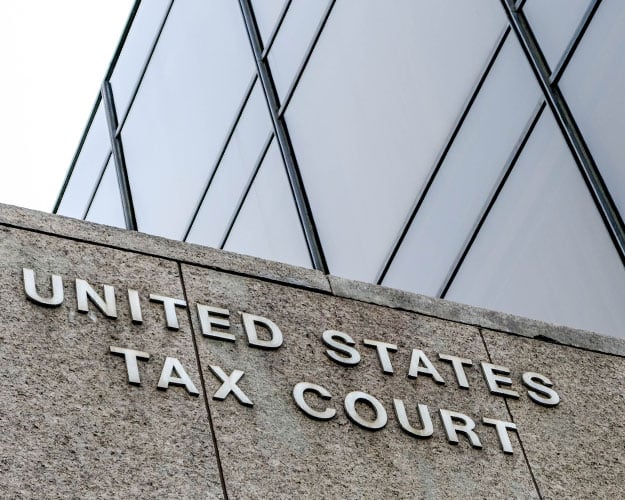In Schlapfer v. Commissioner, the Tax Court held that the IRS was barred by the statute of limitations from assessing gift taxes because the taxpayer substantially complied with the adequate disclosure requirements.
The findings in Schlapfer v. Commissioner have important implications for taxpayers making gifts or engaging in estate planning. The case illustrates the importance of ensuring that gifts are adequately disclosed to the IRS in gift tax returns.
Background on Schlapfer v. Commissioner
Ronald Schlapfer, while a Swiss citizen, set up a universal variable life (UVL) insurance policy in 2006 and paid the premiums upfront by transferring cash and all of his closely-held Panamanian business called European Marketing Group, Inc. (“EMG”).
Schlapfer was the initial policyholder, Schlapfer and his wife were the initial primary beneficiaries, and his mother, aunt, and uncle were the insureds. In May 2007, Schlapfer transferred ownership of the policy to his mother, aunt, and uncle.
Schlapfer became a U.S. citizen in 2008. In 2013, Schlapfer entered the Offshore Voluntary Disclosure Program (OVDP) and filed various delinquent tax returns and documents, including a U.S. Gift Tax Return (Form 709) for 2006 reporting the transfer of the EMG shares. Schlapfer did not list the assignment of the life insurance policy but stated that his entire interest in EMG was gifted to his mother.
The IRS began a gift tax audit in 2016 and determined that there was no reportable gift in 2006 because Schlapfer’s transfer was incomplete until the assignment of the life insurance policy in 2007. The IRS issued a deficiency notice in 2019 alleging a gift tax liability for 2007, and Schlapfer petitioned the U.S. Tax Court to contest the deficiency.
Schlapfer v. Commissioner: Tax Court Decision
At the Tax Court, Schlapfer brought a motion for summary judgment, arguing that the IRS was barred by the statute of limitations from assessing gift taxes against him. The IRS generally has three years after a gift tax return is filed to assess any gift tax. However, an important exception under I.R.C. Section 6501(c) permits the IRS to assess gift tax at any time for gifts that have not been disclosed on a return (or on a statement attached to a return) “in a manner adequate to apprise the [IRS] of the nature of such item.” This requirement and the regulations issued under Treas. Reg. § 301.6501(c)-1 are commonly called the “adequate disclosure” requirements.
The IRS argued that Schlapfer failed to strictly comply with the adequate disclosure regulations when he filed his 2006 gift tax return with the OVDP because he failed to include the assignment of the life insurance policy, listed his mother as the only donee, and did not include a statement describing how he determined the fair market value of the gift.
The Tax Court sided with the taxpayer, concluding that strict compliance with the adequate disclosure regulations was not necessary and Schlapfer’s substantial compliance under the facts presented satisfied the adequate disclosure requirements.
The court noted that the primary question was whether Schlapfer provided enough information to sufficiently alert the IRS to the nature of the gifts made, looking not only at the return submitted but also all documents attached to the return or referenced in the return.
The Tax Court held that the documents and descriptions submitted by Schlapfer were sufficient to adequately disclose the gifts and cause the three-year statute of limitations to run.
The Importance of the Case
This case is noteworthy for several reasons, including:
- Taxpayers must satisfy the adequate disclosure requirements to ensure the three-year statute of limitations begins or risk the IRS assessing gift taxes at any time in the future.
- The Tax Court has clarified that substantial compliance is sufficient to satisfy the adequate disclosure requirements.
Taxpayers are encouraged to avoid situations similar to Schlapfer’s by completing adequate disclosure of all taxable gifts on timely filed gift tax return(s) to cause the three-year statute of limitations to begin. Otherwise, the IRS may scrutinize and challenge adequate disclosures in order to extend the statute of limitations and assess additional gift tax liability.
Prudent taxpayers prefer filing complete and correct gift tax returns to avoid the risk of penalties, interest, fees, and other costs resulting from IRS disputes.
Our Wealth Transition Services team has expertise in gift tax planning and compliance.
We're Here to Help




